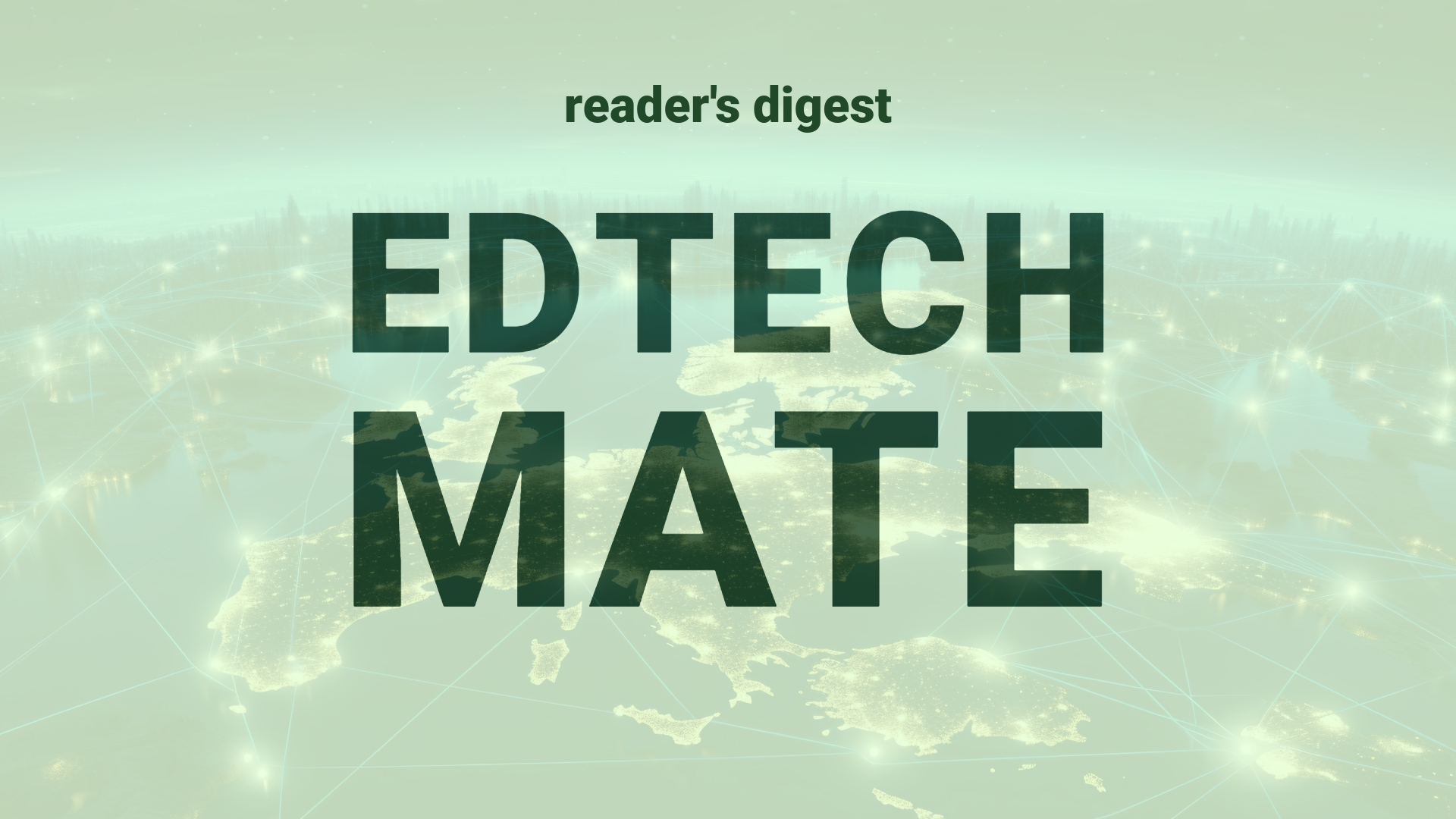Executive Summary and Main Points
The discussion outlined by technologist Thornton May addresses the pivotal shift from prioritizing information technology to recognizing the value of strategic information management. Predictions made in the 1970s by technology pioneers such as Marc Porat have come to fruition as we navigate an ‘information society’ within an ‘information economy’. Despite massive expenditures on information technology, reaching approximately $4.6 trillion globally, there is a notable deficiency in identifying strategies for value creation through information. The ongoing challenge is to shift focus from the expenses associated with information broadcasting systems, to strategies for deriving value and meaning from information. The time has come to construct robust information strategies, moving beyond the mere advancement of technology to harnessing information for progressive value creation.
Potential Impact in the Education Sector
The focus on information management over technology can revolutionize Further Education, Higher Education, and the delivery of Micro-credentials. Strategic approaches towards managing the deluge of information can improve the quality and relevance of education, offering more personalized learning experiences and enhancing research capabilities. Digitalization and strategic partnerships can play a critical role in leveraging information to develop more efficient administrative systems, curricula, and student services. Establishing advanced information strategies could also foster collaborations across international institutions, propelling both academic and practical excellence.
Potential Applicability in the Education Sector
The application of AI and digital tools in the information strategy context offers a broad array of possibilities for global education systems. AI could be instrumental in curating customized learning pathways, predictive analytics for student success, and automating administrative tasks to reduce overhead. Educators and policymakers should consider implementing AI-driven content management systems, adaptive learning technologies, and data analytics platforms. These tools could efficiently manage institutional data, optimize resources, and significantly enhance the learning experience while minimizing information overload.
Criticism and Potential Shortfalls
While the advancement of information management strategies promises significant benefits, potential criticisms and pitfalls must be considered. Real-world examples are vital in understanding potential issues of privacy, security, and data integrity. The case of Jack Teixeira, who compromised national security by mishandling classified information, underscores the dangers of poor information governance. Furthermore, comparative international case studies may reveal disparities in technology adoption and the ethical and cultural implications of implementing rigorous information management policies. A strategic balance must be struck between harnessing the value of information and protecting sensitive data and privacy.
Actionable Recommendations
For the successful adoption of these technologies in global higher education, it is recommended to:
– Develop clear, ethical guidelines on data management to safeguard privacy and security.
– Implement training programs focused on effective information management for educators and administrative staff.
– Foster cross-border academic collaborations to share best practices in managing and creating value from information.
– Evaluate and adopt AI and digital tools that align with the institution’s strategic goals, ensuring they contribute to improving learning outcomes and operational efficiency.
– Continuously monitor and revise information strategies to adapt to the evolving digital landscape and to the needs of a diverse student population, considering accessibility and equity in education technology initiatives
Source article: https://www.cio.com/article/1251254/%E6%83%85%E5%A0%B1%E3%81%AE%E4%BE%A1%E5%80%A4%E3%82%92%E5%86%8D%E7%99%BA%E8%A6%8B.html

